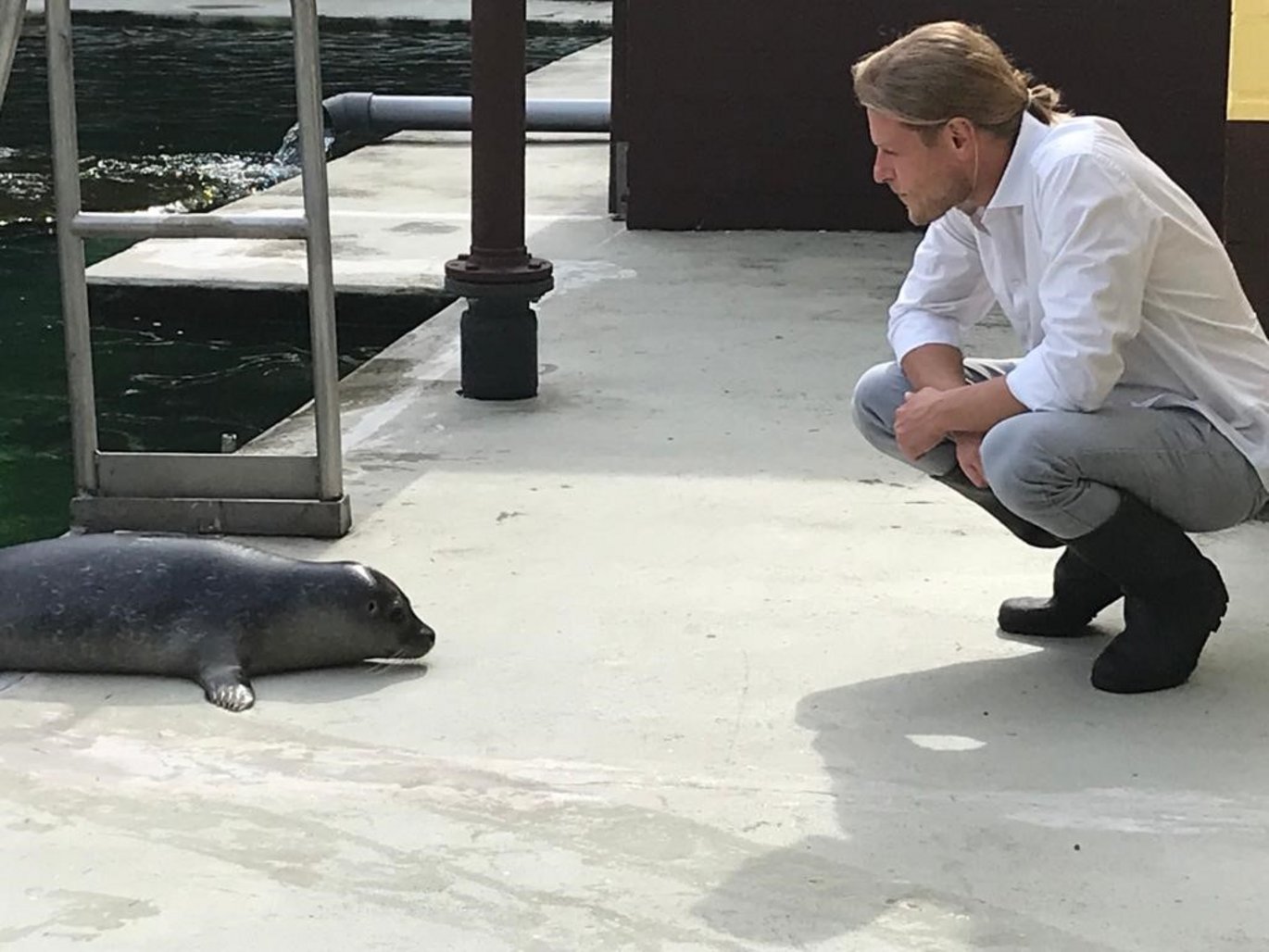Andrea Ravignani is new associate professor at Center for Music in the Brain, Aarhus University
We are very happy to announce that Andrea Ravignani has joined Center for Music in the Brain, Aarhus University, as Associate Professor. Andrea is also Independent Group Leader (W2) at the Max Planck Institute (MPI) for Psycholinguistics, where he has lead the Comparative Bioacoustics Research Group since 2020.

Andrea has studied, researched and worked in several areas, including mathematics, biology, speech sciences, musicology, computer science and cognitive psychology - this multidisciplinarity is mirrored in his research team at the MPI. Andrea’s current research group in Nijmegen is highly interdisciplinary, featuring 10 scientists from a number of disciplines, including cognitive neuroscience, ethology, experimental psychology, linguistics, communication sciences, computer science, AI, bioacoustics, primatology and marine mammalogy. At Center for Music in the Brain, Andrea hopes to continue working at the boundary of several disciplines, with the aim of addressing questions concerning the biology and origins of human music.
Andrea’s research tackles some fundamental questions about human nature and our minds: Why do we speak? And why are humans such musical animals? Could our abilities to speak and to make music be connected, sharing a common evolutionary history? Or are their evolutionary paths unconnected, and each equally fascinating in their own right?
Andrea investigates the evolutionary and biological bases of music cognition and flexible vocal sound production, and the role they played in the origins of music and speech in our species. His team performs sound recordings and behavioral non-invasive experiments in non-human animals (mostly seals), as a comparative effort to understand the evolutionary history of human capacities. The team complements animal research with human testing, neurobiological evidence, mathematical models, and agent-based simulations.
In Aarhus, Andrea will investigate the interplay between (neuro)biology and cultural transmission in what makes music, music. He will complement this with quantitative modeling of interactive rhythms in humans and other species.
Finally, Andrea has also just received news of having been awarded an ERC Starting grant, focusing on rhythm origins in our own – and four more - species.
